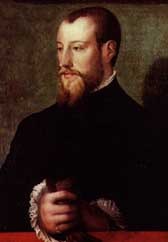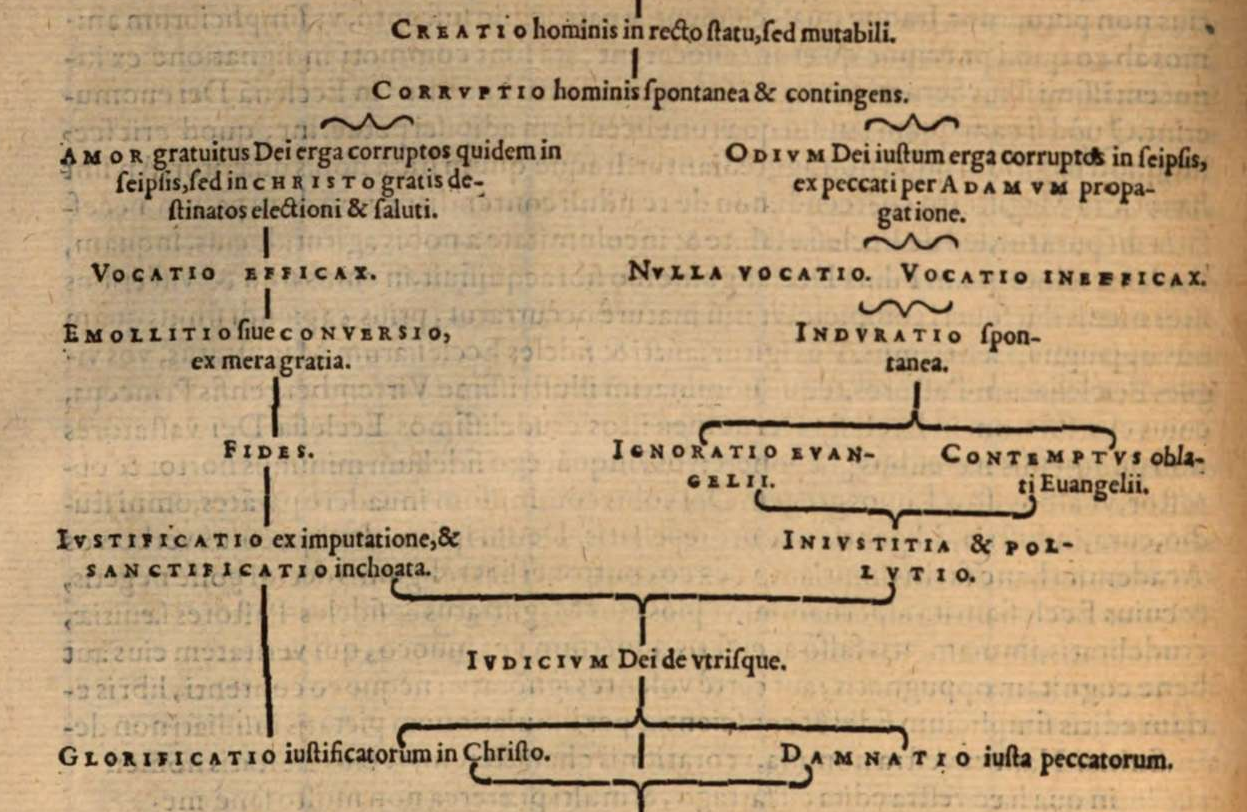In an academic book written by leading scholars, one does not expect to find egregious errors. But one finds them nonetheless. I was privileged to attend the 2009 international Calvin conference in Geneva, commemorating the 500th birthday of the Genevan Reformer John Calvin. (Calvin himself was a no-show. Same thing happened when I visited John Knox’s house in Edinburgh in 1989. He wasn’t home).
Anyway, Irena Backus and Philip Benedict edited a collection of the keynote addresses that came out of that conference. Calvin and his Influence, 1509-2009 (Oxford University Press, 2011. Pp. 336+xiii). You can get it for $115 on Amazon.com in hardcover. You might opt for the paperback after you read this. Or for looking at the decent essays in the library. And there are many. Even the introduction is fantastic, except where it is deplorable.
You can read my complete review here. As I was trying to describe Calvin’s doctrine of predestination in 1000 words for Christian History magazine (an impossible task, by the way), I was recently reminded of the following unbelievable comment, made by the editors in the introduction to this volume. It still astounds me:
“While [Calvin] stresses election to salvation but not to damnation in his controversy with Bolsec, he prefers in his Institutes of 1559 to emphasize God’s prescience: God elects to salvation those whom he foresees will be true believers, which implies that he also foresees the others as unbelievers and condemns them. … In the Institutes (3,19-25; 4,18-20), he asserts that God foresees who will believe and elects or condemns as a function of this” (p. 13).
If you have a theological education, you can pause here and catch your breath.
Calvin, first of all, does not teach “election to damnation,” because election by definition refers to God’s choice to save. “Election to damnation” is therefore nonsense, and indicates a lack of familiarity with basic Reformed theology. What the authors have in mind, of course, is reprobation, which is the opposite of election. But they clearly do not understand either election or reprobation, as will be seen below. Moreover, the editors of this volume, who are indeed leading Reformation scholars, project onto Calvin the view of Jacob Arminius and his followers, the Remonstrants, who based election on God’s foreknowledge of a person’s faith. This view does not exist until the early 17th century. Calvin, however, opposed the idea, common in one trajectory of late medieval thought, that God elects those in whom he foresees merit, albeit grace-assisted merit, congruent merits, to be precise. Third, these scholars assume that reprobation is the same thing as condemnation, which demonstrates again that they do not know the first thing about Reformed theology. Their goal is to present a more accurate picture of Calvin and to dispel caricatures, but in fact they are part of the problem.
There is a footnote to the authors’ statement that reads: “OS I: 88-90.” OS refers to the Opera Selecta, a five-volume collection of Calvin’s works considered most important by its editor, Peter Barth (Karl Barth’s younger brother). But this reference does not point to the 1559 Institutes of the Christian Religion; it points to the 1536 first edition of the Institutes and its very brief and rudimentary treatment of predestination, in which Calvin makes no mention of foreknowledge. Calvin’s mature comments on predestination in the 1559 Institutes actually appear in OS IV: 368-432. Setting aside this serious error, it’s safe to say that Calvin never says what these leading Reformation scholars say he does, because he clearly, frequently, and consistently teaches the opposite. So, for example, in his 1559 Institutes, 3.21.5, Calvin writes:
“The predestination by which God adopts some to the hope of life, and adjudges others to eternal death, no man who would be thought pious ventures simply to deny; but it is greatly caviled at, especially by those who make prescience its cause. We, indeed, ascribe both prescience and predestination to God; but we say, that it is absurd to make the latter subordinate to the former.” (Citations from the Beveridge trans.)
Or a bit later, in 3.22.1:
“If you say that he foresaw they would be holy, and therefore elected them, you invert the order of Paul. … In the additional statement that they were elected that they might be holy, the apostle openly refutes the error of those who deduce election from prescience, since he declares that whatever virtue appears in men is the result of election. Then, if a higher cause is asked, Paul answers that God so predestined, and predestined according to the good pleasure of his will. By these words, he overturns all the grounds of election which men imagine to exist in themselves.”
“We have already shown that the additional words, ‘that we might be holy,’ remove every doubt. If you say that he foresaw they would be holy, and therefore elected them, you invert the order of Paul. You may, therefore, safely infer, If he elected us that we might be holy, he did not elect us because he foresaw that we would be holy. …

Théodore de Bèze
To add clichéd insult to this injury, the introduction goes on to claim that Theodore Beza’s Tabula Praedestinationis (or, more properly, his Summa Totius Christianismi, 1555) “presented election and reprobation in diagram form as exactly symmetrical in God’s mind, both constituting a part of his eternal decree.”
Nope.

